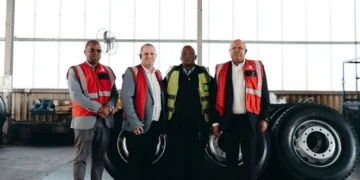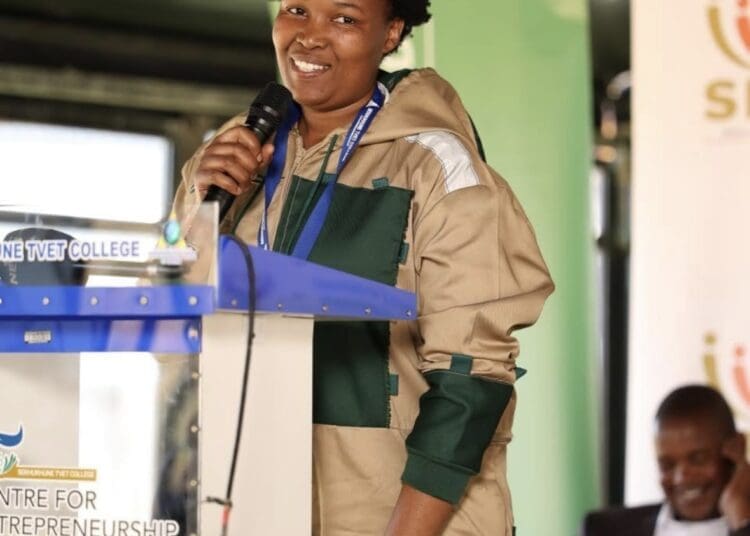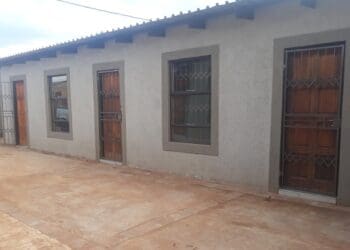Malebo Matlala, who runs Mokatani Clothing, a brand specialising in outdoor and adventure wear said the support she got from the Centre for Entrepreneurship Rapid Incubator helped her grow from an informal hustler to a verified business owner.
“When I joined, I didn’t know anything about finances or compliance. Today I’m a proud businesswoman with six employees,” she said.
“This centre made it possible for me to expand to Namibia. I’m even planning to travel to China soon to explore new markets,” Matlala said.
The Sekhukhune TVET College in Limpopo this week hosted the official launch of the Centre for Entrepreneurship Rapid Incubator.
Although the incubator began operating in April 2021, the official launch by Minister of Small Business Development Stella Ndabeni-Abrahams on Tuesday marked a major milestone in its journey of empowering township and rural businesses.
The incubator, born from a partnership between Sekhukhune TVET College and the Small Enterprise Development Agency (now SEFTFA, the Small Enterprise Finance and Development Agency), aims to turn students and local youth from job seekers into job creators.
Since opening its doors, the incubator has already helped 99 small businesses graduate through support such as business development training, mentorship, and access to a creative space known as the makerspace. Ndabeni-Abrahams applauded the centre’s success, saying it proved that colleges could be drivers of real economic change.
“These young people are creating jobs in their villages. They are building brands, opening shops, and showing us that rural areas are full of potential,” said Ndabeni-Abrahams.
The centre also handed over equipment to 183 entrepreneurs as part of the Informal Micro Enterprise Development Programme.
These included 97 traders from Elias Motsoaledi and 86 from Feta kgomo Tubatse Municipality.
“This equipment helps informal traders grow their businesses and operate with dignity,” said Ndabeni-Abrahams. “We are making sure that township and rural economies are not left behind.”
She said the department is working to develop a Transformation Fund aimed at closing the R350 billion credit gap facing small businesses.
“We know access to finance is a challenge. The Transformation Fund will help break the barriers that keep black owned businesses out of the formal economy,” she said.
She encouraged entrepreneurs to register their businesses and to work closely with local economic development units.
“The real work happens in our communities. That’s where the economy grows. That’s where change begins.”
At the exhibition during the event, entrepreneurs showcased locally made products such as herbal teas, cleaning materials, handmade leather goods, and fashion items.
“We are often overlooked, but today we feel seen,” said Matlala. “This incubator gave me tools, support and confidence. I now see my business as global.”
basetsana@vutivi.co.za


























































